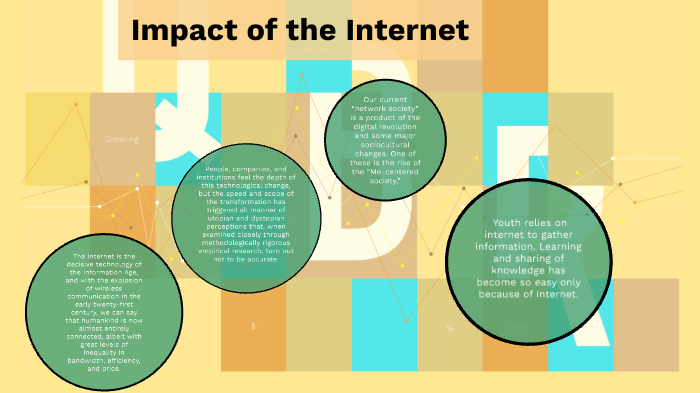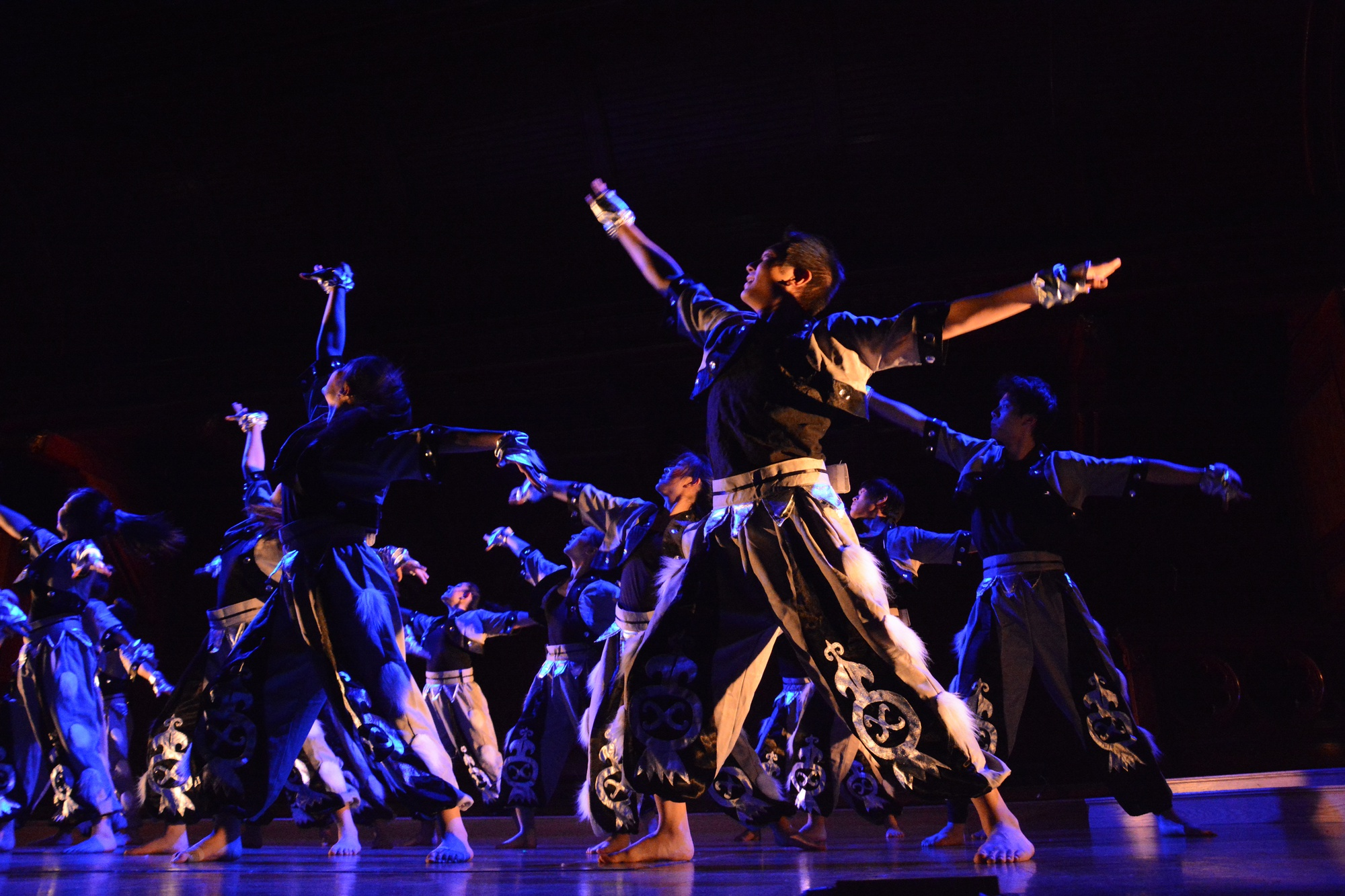The impact of the internet on fiction is nothing short of transformative, reshaping how stories are conceived, consumed, and discussed. As social media and literature converge, traditional readers morph into active audiences, often swayed by viral trends and digital influencers. This revolution has ushered in a surge of eBooks, revolutionizing accessibility and changing reading habits, while also altering our expectations of narrative structures in modern storytelling. Writers now frequently find themselves balancing their creative instincts with the opinions of an ever-watchful public, leading to a dynamic but sometimes stifling literary landscape. Hence, the intersection of the internet and fiction has sparked a complex dialogue on the essence and purpose of storytelling in our digitally driven world.
Delving into the influence of digital technology on literary expression reveals a landscape marked by rapid evolution and adaptation. The fusion of online platforms with narrative art has given rise to new formats and themes, redefining how stories engage with readers. As habits shift dramatically due to the allure of multimedia and constant connectivity, the essence of storytelling can be both enriched and challenged. Authors are now confronted with the precarious task of maintaining authenticity amidst the cacophony of public opinion, all while leveraging the advantages of eBooks and the wealth of information available online. Ultimately, this digital metamorphosis leaves us questioning not only the future of literature, but also the fundamental human need for creative storytelling.
The Impact of the Internet on Fiction
The internet has reshaped the landscape of fiction writing, creating dimensions that were unimaginable a few decades ago. For writers, it serves as both a resource and a challenge. With the vast amount of information readily available, authors can conduct research in moments rather than spending countless hours in libraries. This accessibility allows for richer, more informed narratives that can engage readers on multiple levels. However, the downside is that writers may feel pressured to conform to popular trends and social media tastes, potentially sacrificing the authenticity of their voice and the depth of their storytelling.
Moreover, the internet has transformed readers into active participants rather than passive consumers of literature. Social media platforms enable audiences to discuss, critique, and promote books in real-time, thereby influencing literary trends. This phenomenon can lead to the commodification of fiction where the emotional core is sometimes overshadowed by marketing strategies. In this hyper-connected world, the challenge for writers lies in balancing the desire for public approval with the need to remain true to their creative vision.
Social Media’s Influence on Literature
Social media has become a pivotal element in the promotion and criticism of literature, fundamentally altering how stories are shared and received. Platforms like Twitter and Instagram can catapult a book to bestseller status overnight, largely driven by viral trends and influencer endorsements. While this provides unparalleled exposure for aspiring authors, it also places immense pressure on them to cater their work to public sentiment rather than write from a place of genuine creativity. The constant scrutiny and feedback loop can lead to self-censorship, which complicates the raw authenticity that fiction often requires.
Additionally, social media fosters a community of readers who share their literary experiences, shaping a collective consciousness about what is deemed valuable or worthy in literature. This interaction can be both beneficial and detrimental; while it nurtures a sense of belonging among readers, it can also result in conformity where unique voices struggle to shine through the noise of popular opinion. As writers navigate this landscape, they must cultivate their individual perspectives amidst the clamor of social media.
The Rise of eBooks and Their Influence on Reading
eBooks have revolutionized how readers access literature, making it easier than ever to obtain books at the touch of a button. This convenience has led to an increase in reading among certain demographics, often characterized by busy lifestyles. The advent of eReader devices and apps means that literature is no longer confined to physical spaces; readers can enjoy their favorite novels anywhere, at any time. However, while eBooks have expanded access, they may also contribute to changing reading habits, with readers potentially engaging in more superficial reading experiences than when they pour over a traditional paperback.
Furthermore, the format of eBooks often encourages quicker consumption of content. The ease of highlighting text, searching for terms, and jumping to chapters can enhance reading. However, this convenience can come at the cost of deeper engagement with the material. Readers may find themselves skimming rather than immersing in the narrative, impacting their ability to grasp complex themes and character developments that fiction often offers. In essence, while eBooks foster accessibility, they also challenge traditional practices of reading that promote a more profound connection with the text.
Modern Storytelling Techniques
Modern storytelling has evolved dramatically due to the digital age, leading to innovative forms of narrative that blend traditional elements with contemporary techniques. Writers today often experiment with non-linear narratives, multi-media integration, and interactive elements that engage readers in unique ways. This shift pushes the boundaries of what fiction can achieve, inviting audiences to become co-creators in the storytelling process. The exploration of new formats, such as hypertext fiction or transmedia narratives, illustrates how the internet allows for diverse storytelling avenues that can enrich the reader’s experience.
However, this evolution in storytelling also raises questions about the essence of fiction itself. With a plethora of styles available, authors may grapple with defining their personal voice amidst a sea of choices. The challenge lies in maintaining the emotional depth and introspection that characterize great works of fiction while embracing the exciting possibilities offered by modern technologies. Balancing innovation with tradition becomes essential for writers aiming to connect authentically with their audiences.
Changing Reading Habits in the Digital Era
The internet has significantly altered reading habits, especially among younger generations. With the constant barrage of digital content, traditional reading time is frequently encroached upon by distractions such as social media, streaming services, and news notifications. This shift has resulted in shorter attention spans and a move away from deep, immersive reading experiences. Instead, literature is often consumed in fragmented segments, which can hinder the appreciation of complex narratives and character developments that fiction traditionally offers.
However, this trend does not spell doom for the written word. Many individuals have adapted by seeking out audiobooks or engaging with serialized literature that aligns with their fast-paced lives. Moreover, platforms that encourage bite-sized book recommendations can create a resurgence in interest for certain genres, leading readers back to longer forms of fiction. Understanding and adapting to these changing habits is crucial for writers and publishers as they navigate the future landscape of literature.
The Role of Digital Research in Writing
Digital research is an invaluable tool for contemporary authors, equipping them with instant access to a wealth of information. Writers can effortlessly explore various subjects, from historical contexts to character studies, enhancing the authenticity and depth of their narratives. This immediacy has transformed the writing process, allowing for more informed and layered storytelling that resonates with readers. Moreover, the ability to connect with experts and access diverse viewpoints online enriches an author’s perspective and enhances emotional truth within their works.
On the flip side, digital research poses challenges concerning the reliability of sources. The abundance of information available can lead to misinformation, prompting writers to critically evaluate their sources before incorporating them into their work. As writers navigate this landscape, the ability to discern credible information becomes paramount. Establishing a balance between leveraging the convenience of digital research while maintaining rigorous standards for accuracy can ultimately elevate the quality of modern fiction.
Empathy in the Age of the Internet
In an age dominated by technology, the capacity of fiction to evoke empathy remains one of its most significant contributions to society. The internet has democratized access to diverse narratives, allowing stories from underrepresented voices to reach wider audiences. Through digital platforms, readers can discover experiences that challenge their perspectives and foster a greater understanding of the human condition. This expanding access is crucial for nurturing empathy in a world that often feels increasingly disconnected.
Conversely, the rapid pace of internet culture can sometimes impede the depth of emotional engagement with fiction. In a landscape where attention spans continuously dwindle, readers may miss the profound subtleties and emotional nuances that literature offers. Writers must strive to craft compelling narratives that capture readers’ attention while still invoking meaningful emotional responses. Balancing the allure of quick content with the richness of thoughtful storytelling will be essential in cultivating empathy and connection through literature in the digital age.
The Importance of Authentic Voice in Fiction
An authentic voice is essential for writers striving to create impactful narratives that resonate with readers. In an era where trends shift rapidly due to social media influence, maintaining a distinct and genuine style can be challenging. However, this authenticity is what ultimately allows fiction to engage deeply with audiences, inviting them into the world of the story on a personal level. Authors who embrace their unique experiences and perspectives have the capacity to create narratives that not only entertain but also provoke thought and conversation.
The pressure to conform to mainstream ideas presents a paradox for many writers. While it can be tempting to tailor their work to meet perceived market demands, this often dilutes the unique aspects of their storytelling. Finding the courage to express personal truths, irrespective of approval, is vital in ensuring that fiction retains its profound impact on readers. As the literary landscape evolves, prioritizing authenticity over trendiness will be key for writers seeking to leave a lasting mark.
Narrative Challenges Due to Technology
The prominence of technology and the internet has introduced various narrative challenges for writers in the 21st century. Traditional plot devices, such as characters getting lost or experiencing isolation, have become less feasible in an era where connectivity is ubiquitous. This freedom from isolation can stifle creativity and limit the scope of storytelling techniques that authors have relied upon for centuries. The ease of communication can lead to narratives that feel less impactful or dramatic when the characters have constant access to information and each other.
Navigating these challenges requires writers to rethink their approaches and innovate within their narratives. Authors must now explore other dimensions of storytelling, such as psychological complexity and emotional conflicts, to engage readers in meaningful ways. By diving deeper into the internal struggles of characters and focusing on themes of identity within a connected world, writers can craft narratives that resonate and challenge the modern human experience, reflecting the complexities of live in an increasingly digital society.
Frequently Asked Questions
How has the internet influenced modern storytelling in fiction?
The internet has transformed modern storytelling by altering how narratives are shared and consumed. Writers now face the challenge of crafting stories that resonate with vast, public audiences shaped by social media trends. This shift can dilute the focus on personal truths, as authors often adjust their work to meet popular demand, potentially compromising the depth and authenticity of fiction.
What role do eBooks play in changing reading habits related to fiction?
eBooks have significantly influenced reading habits by making literature more accessible than ever. The convenience of digital formats allows readers to carry entire libraries on devices, sparking a shift in how fiction is consumed. Readers can easily discover and share books online, which fosters a culture of reading that contrasts with traditional, physical book browsing.
How does social media affect literature and audience engagement with fiction?
Social media has reshaped literature by transforming readers into active audiences. It encourages interactions and discussions around books, but it can also polarize opinions, making it challenging for authors to maintain artistic integrity. The desire for virality often pressures writers to adapt their narratives to fit trending expectations, influencing the type of content that gets published.
In what ways has the internet changed the research process for fiction writers?
The internet has streamlined the research process for fiction writers, allowing them to quickly access vast repositories of information—like newspaper archives and online databases. This ease of access enables authors to infuse their narratives with accurate details, enhancing the authenticity of their stories, which was much more time-consuming in the pre-digital era.
What impact does the internet have on empathy and emotional truth in fiction?
While the internet serves as a tool to broaden research and expand knowledge, some writers express concern that it may hinder the exploration of emotional truth in fiction. The fast-paced, superficial nature of online interactions can lead to a decrease in the nuanced understanding that deep storytelling demands, ultimately challenging the capacity of fiction to foster empathy among readers.
Has the internet diminished the role of traditional tastemakers in the fiction industry?
Yes, the internet has diminished the power of traditional tastemakers such as critics and editors, as mass opinion on social media now often dictates what becomes popular. This democratization can overshadow challenging works, as the emphasis shifts to what gains viral acclaim, potentially stifling innovation and depth in literary creation.
How do changing reading habits due to the internet challenge the quality of fiction?
As readers increasingly multitask and engage with multiple forms of media, their reading habits have shifted to shorter, less focused sessions. This can lead to a decline in deep engagement with complex narratives, posing a challenge for fiction that seeks to provide profound insights into the human condition.
Can fiction still thrive in an age dominated by the internet and digital media?
Absolutely, fiction can thrive even in the digital age. The internet not only offers new platforms for storytelling but also fosters a global community of readers and writers. As long as authors remain committed to crafting authentic narratives, fiction can continue to resonate deeply, regardless of the medium through which it is delivered.
| Key Points | Writer | Perspective |
|---|---|---|
| The internet has turned ‘readers’ into ‘audiences’, affecting personal taste and reducing the value of private truth in fiction. | Greg Jackson | Critiques the influence of social media on literature. |
| Online research has made accessing information easier, enhancing the depth of contemporary literary works. | Scott Turow | Advocates for the positive use of the internet in enriching fiction writing through research. |
| Loss of traditional plot devices such as characters getting lost is attributed to constant internet connectivity. | Jennifer Finney Boylan | Argues that internet accessibility alters narrative opportunities in fiction. |
| The internet has revolutionized research methods, allowing for historically contextualized storytelling. | Julie Orringer | Sees internet access as a significant advantage for fiction writers. |
| Reading has become fragmented due to internet distractions, impacting the depth of engagement with texts. | Weike Wang | Notes the shift from leisure reading to a more fragmented reading habit due to internet availability. |
| Despite negative aspects, fiction retains its potential for conveying emotional truths beyond mere facts. | Min Jin Lee | Holds a hopeful perspective on the enduring power of fiction amidst internet distractions. |
| Books provide deep societal insights that fleeting online content cannot match. | Andrè Aciman | Asserts the lasting impact of literature in shaping understanding of humanity. |
| Essential human experiences are missed in digital interactions; genuine empathy and complexity require face-to-face engagement. | Yxta Maya Murray | Emphasizes the need for direct interactions and emotional depth in fictional storytelling. |
Summary
The impact of the internet on fiction has been profound and multifaceted. As the landscape of writing and readership evolves, many writers express concerns over how digital platforms alter the intimate relationship between author and reader. While the internet facilitates unprecedented access to research and expands the potential for storytelling, it also engenders a performative culture where the quest for likes and validation can replace genuine creative expression. As voices in the literary community reflect, the essence of fiction—a medium meant to explore complex emotional truths—faces challenges that could redefine its future. The enduring question remains: will the benefits of the internet enhance the storytelling experience, or will it dilute the rich, personal engagement that has characterized literature for centuries?




